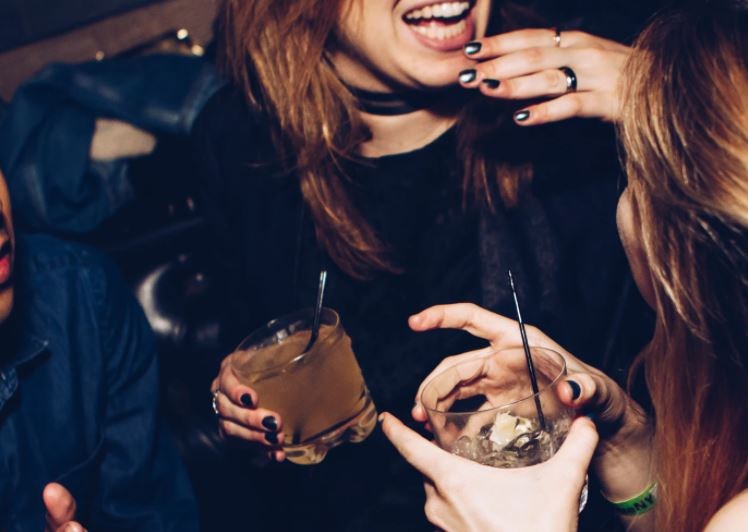The young people infected with Covid-19 who are currently returning to Belgium from a party holiday in Spain should not be sent home to their parents, but to some kind of camp to quarantine, according to professor of family medicine Dirk Devroey.
During some youth vacations in popular Spanish party destinations, such as Lloret de Mar and Calella, over 136 young people contracted the coronavirus.
After they were given permission by the Spanish and French authorities, travel organisation Jongerentravel is currently driving the young Belgians back home.
"If you let those young people be taken in by their parents now, you create one of the biggest sources of infection there is," Devroey said on Flemish radio, adding that most infections occur within the family.
Related News
- Portugal and most of Spain colour red on European coronavirus map
- ‘24 infected already': travel organisation recalls 350 young people from Spain
- At least eight Belgians infected with Covid after party holiday in Spain
The best solution would be to keep them together, and have them go on a kind of camp for 14 days, according to him.
"All together in quarantine, and wait there until they are sure that they are no longer infected," Devroey said. "That way, we can avoid 110 people, many of whom are probably super-spreaders, infecting a lot of other people."
Additionally, travel organisation Summer Bash, which already announced on Thursday that at least 24 of its participants were infected in Spain, is also trying to arrange an early return.
According to Jordy S'Jongers of Summer Bash, the infections were most likely contracted in one of the Spanish nightclubs where "it is easy to take off a face mask to understand each other better."
Together, the organisations have a total of 600 young people who had chosen a party destination, such as Lloret de Mar and Calella.
If they are not sent to a camp, what happens when they arrive in Belgium?
"When they get home, they will have to follow the isolation rules as they apply to someone who gets home," Joris Moonens, spokesperson for the Agency for Care and Health, told VRT.
"That means an isolation of ten days before you can leave the house again and have contact with other people," he said, adding that there will also be consequences for family members, who are at a high risk of being infected as well.
Family members will have to comply with the quarantine rules as well, according to Moonens: a test at the beginning of the quarantine and a second test after seven days.
Compliance with those rules will be checked, but to a large extent, it remains an individual responsibility for everyone, he stressed.
"We can only count very much on everyone knowing what is expected of them after a year and a half of misery."

